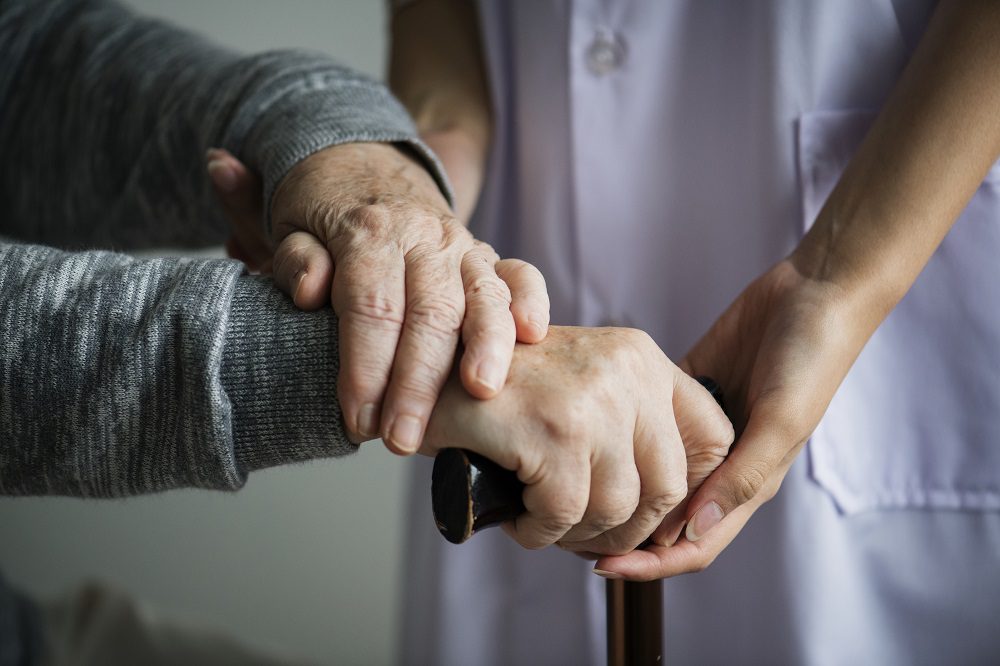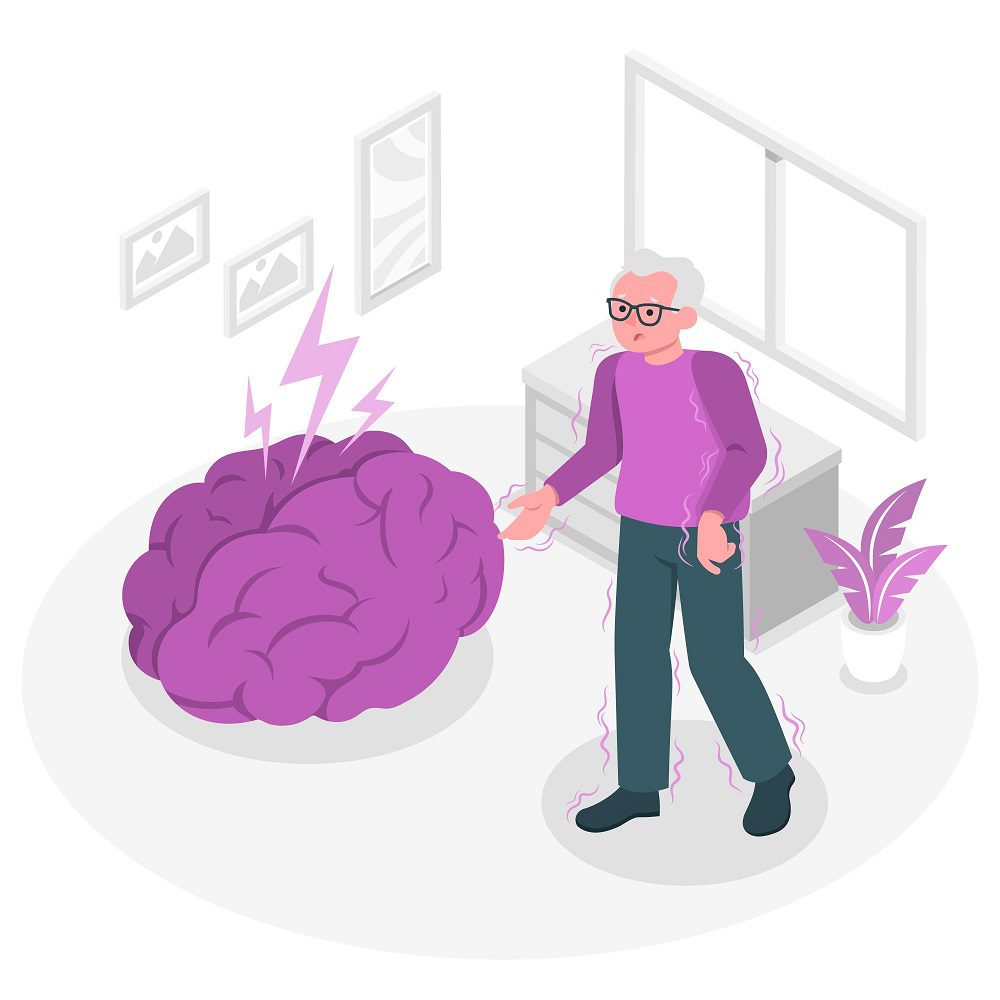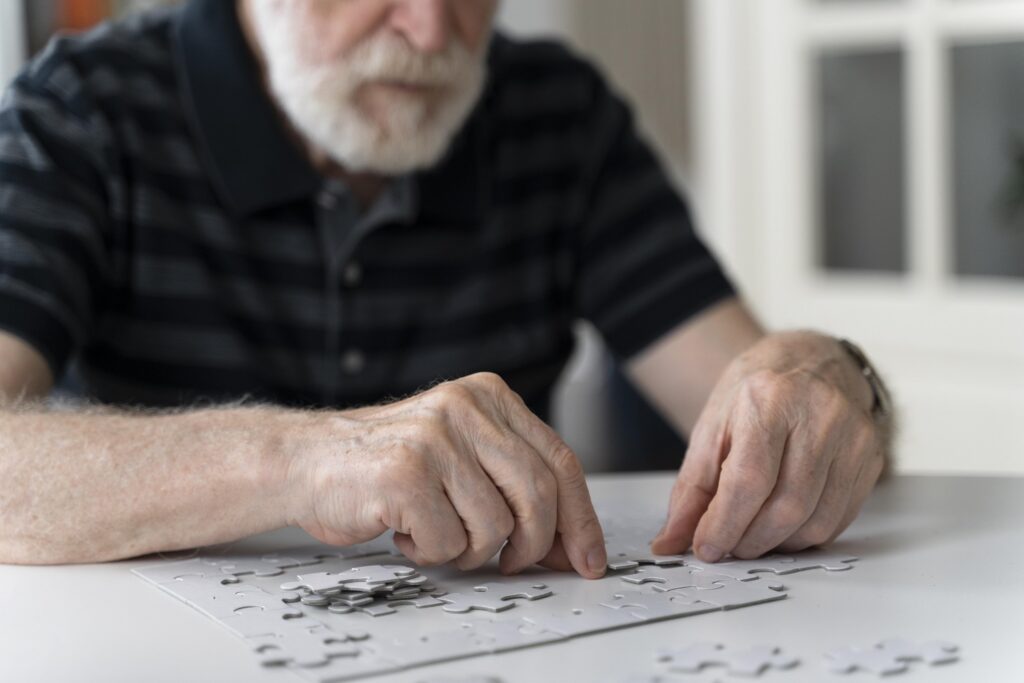Depression in Major Neurodegenerative Diseases and Strokes: A Critical Review of Similarities and Differences among Neurological Disorders


Depression and anxiety are highly prevalent in most neurological disorders and can have a major impact on the patient’s disability and quality of life. The early detection and treatment of depression simultaneously with the neurological disorder is key
Should artificial intelligence be used in conjunction with Neuroimaging in the diagnosis of Alzheimer’s disease?


Dementia, or Major Neurocognitive Disorder (MND), is a general term for any disease that causes a substantial decline in at least one cognitive domain including memory, learning, executive function, and additionally, impairs an individual’s ability to perform daily tasks. Alzheimer’s disease (AD) can be divided into three stages: early-stage (mild), middle-stage (moderate), and late-stage (severe). Each phase serves to classify the development of
The repetitive transcranial magnetic stimulation in Alzheimer’s disease patients with behavioural and psychological symptoms of dementia: a case report


A 73-year-old woman presented with complaints of cognitive function decline. She usually lost everything, cooked in the wrong order, and forgot where things were put. Patients and their families do not pay attention to this phenomenon. The patient’s cognitive function continued to decline, gradually she started to dress incorrectly and can’t recognize
Trichotillomania in Dementia: A Case Report and Literature Review


Dementia presents with a variety of psychiatric and behavioral disorders, including psychosis, depression, anxiety, behavioral aggression, and
Self-Monitoring Among Individuals with Neurodegenerative Dementias


Self-monitoring is an important component of human empathy and is essential for the formation of the repair of social relations. The gray matter changes in patients with dementia and also indicates that anatomical regions such as the orbitofrontal, temporal cortex, and anterior prefrontal have an essential role in the self-monitoring function in patients with dementia.
The lateral and medial orbitofrontal cortex enormously contributed to self-monitoring in patients with dementia.
A case report on mirrored self-misidentification syndrome.


An 83 years old male patient Mr. X, graduate, married, retired from his job, belonging to middle socio-economic status, hailing from urban background was accompanied to the OPD by his daughter. Informant had complaints of suspiciousness, abusing family members, abnormal behaviour, and memory impairment in the past 6 months. Patient started suspecting that there is […]
